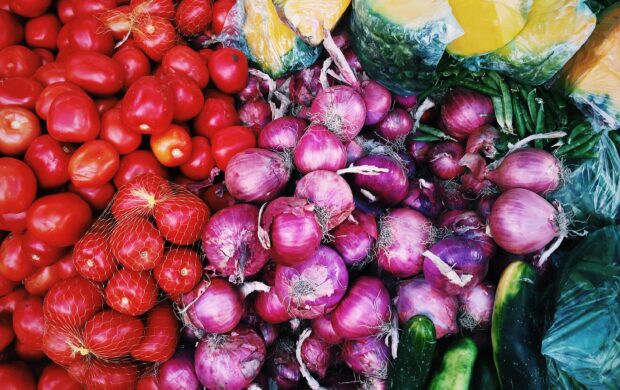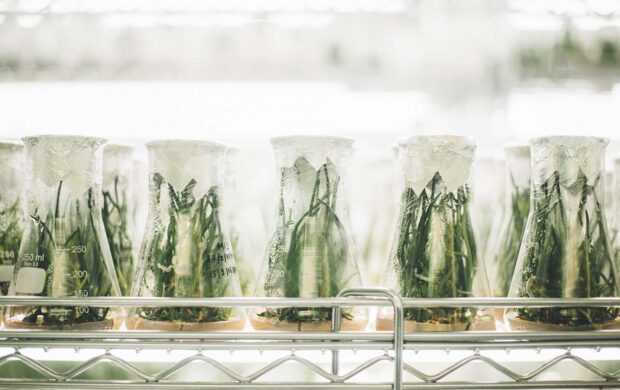The FAO suggests that up to 50% of fruits and vegetables are lost along supply chains, mostly due to poor handling, storage and transport of perishable goods.
Through diffusion of gases, cell respiration, and microbial contamination, perishable goods often suffer from fungal decay, colour change, loss of firmness and poor flavour. Scientists have tried a variety of methods to extend shelf life, including cryopreservation, chemical fungicides, modified atmosphere packaging, and other kinds of edible coatings.
In May, tests conducted by Tufts University biomedical engineers have shown the potential of silk fibroin, a natural, edible and odourless biomaterial potentially useful for a number of high-tech applications, to keep perishable foods fresh without refrigeration.







